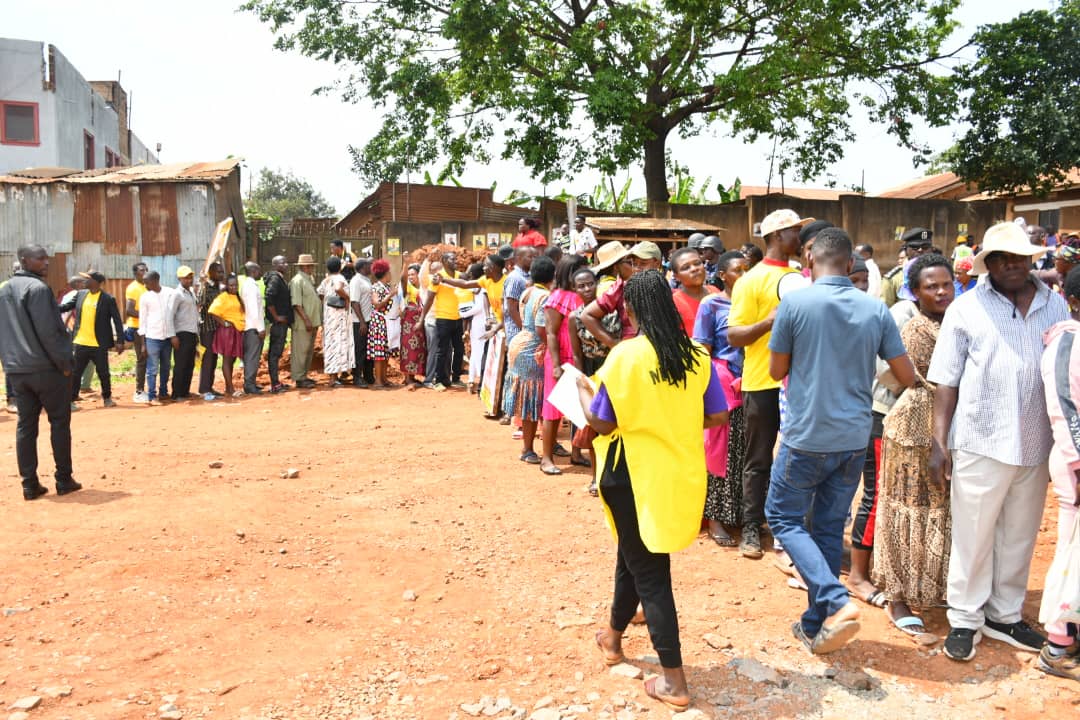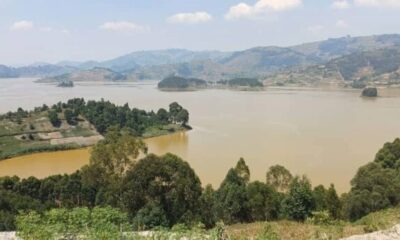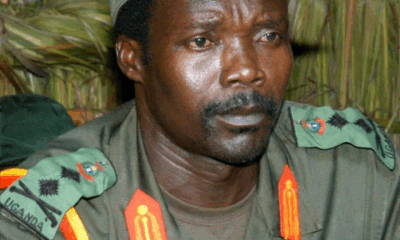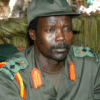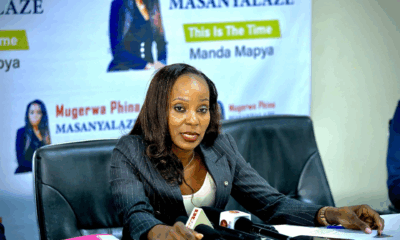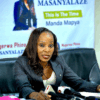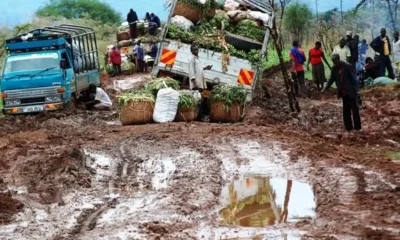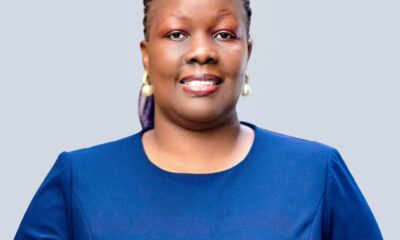Opinions
Morrison Rwakakamba: Money in Parliamentary Politics, Is There a Valid Return on Investment in the 5-Year Term?
There are shrill voices and loud whispers that in Rukungiri District, one of the candidates running in the NRM parliamentary primaries spent a whopping three billion shillings on Election Day alone to pay voters to line up behind (vote), with threats of retribution if they didn’t. It was a combination of “honey” and “piri-piri”! Of course, such allegations will require verification by relevant National Resistance Movement elections management committees—although images of young people swimming in waragi liquor and sleeping on roadsides during and after the vote in Rukungiri are all over social media.
Echoing what National Resistance Movement Vice Chairman Rt. Hon. Haji Moses Kigongo suggested some 15 or so years ago, a Minister recently pointed out that Parliament is a “honeycomb” and Members of Parliament are bees making honey and eating honey—and that once the honey is removed or reduced, the appetite for Parliament will reduce. By “honey,” the Minister meant the fat and “sumptuous” salaries and allowances at Parliament—for these salaries, which are, by the way, self-appropriated, have become the most important common ground for the ruling and opposition Members of Parliament. At 40 million shillings a month and other attendant allowances, a Member of Parliament is likely to make between 4 to 5 billion Uganda shillings in the 5-year term.
But in some constituencies, candidates will spend over 6 billion—what is the catch, really? Why are candidates buying up votes in what is becoming a do-or-die affair? Why are they spending more than what is there to be made? Is it because they badly want to serve? Are they projecting an oil economy where they can get into Parliament and increase their salaries per month to over 100 million—and if they benchmark Kenya, they may get a credible justification!
Some say it comes down to the title “Honourable”—but wait a minute—councillors in Kebisoni Subcounty are also now referred to as “Honourable”; and yes, some friends of mine here in Rukungiri, when they want some little money contribution, call and say, ‘How are you, Honourable?’—I have never been even a councillor! I therefore stopped believing that the real Return on Investment may just be social Return on Investment (RoI). Where does this leave us as a country?
As a result of mostly the above, the patent lack of people-centered issues in campaigns is saddening! The campaign venues and platforms are just a marketplace. It is President Museveni who has retained a helicopter view over Uganda, and kept on the transformation message consistently and steadily. There are a few others, like Mr. Ofwono Opondo, who is running to represent older persons of Eastern Uganda, who have put in thought and are sharing some new ideas. Others, like Hon. Mwine Mpaka, Hon. Tumwebaze Frank, Rt. Hon. Tayebwa Thomas, Hon. Aber Lilian, and Hon. Musasizi Henry, continue hammering the household wealth creation and other NRM people empowerment messages in their constituencies. There may be others—but these are in the very bottom of the minority. The majority are just spreading the cash!
In an issues and population-empowered politics, it’s the voters—pursuing common interests and sometimes good business environment policies—who would fund politicians. Someone mentioned to me that money is the mother’s milk of politics, and it certainly is in many jurisdictions. But, this money is regulated. There is transparency on contributions, fundraising, and expenses of candidates and political parties. This is vastly absent in current Uganda. The applicable laws in Uganda will need to be looked at and strengthened to rein in this bizarre journey to Parliament. The other aspect could be pursuit of constitutional reforms to fully decentralize political and fiscal power in Uganda. This will put massive power in district councils, likely strengthen localized service delivery, codification of enforceable bylaws, and expand agency of people to hold leaders accountable at the grassroots. This will also de-incentivize the much talked about gold rush to Parliamentary Avenue and make Uganda’s legislature a hub of people-centered ideas and action—a hub of speeding Uganda’s journey to a First World country.
The current Parliament has more than six months on its calendar—will it convene and legislate against itself for the good of Uganda?
The author, Mr. Morrison Rwakakamba, is a Coffee farmer, Rukungiri District.
Comments



